There is indeed no doubt that approximately 200 years ago there was a literary legend today we known as Fyodor Dostoevsky. Now, like the topic of “Kafkaesque,” I’m not going to give you an in-depth introduction to Fyodor Dostoevsky or an overview of his personality. But if you have no idea who he is and somehow you just heard of him on social media or from your literature-lover friend, good thing is, you will know much about him and his work till the end of this blog.
Dostoyevsky is a man of much interest and profound thought, and verily, a most dark and solemn soul. Many do even fear to take him as their chosen author, for the themes he doth portray are of such weight and gloom as to cast a shadow upon one’s mind. You may find so much in his novels and nothing at all, as reading Dostoevsky is not everyone’s Cuppa tea…
So, here’s a short disclaimer: If your mind is not in the right stead and you feel like you’re struggling with sadness or uneasy thoughts plus you are assured that dark reading could affect your mental health. So, I must make it clear that you should seek help first, for Dostoyevsky may not be the right choice for you right now. His works are heavy and filled with dark, troubled characters, making them hard to read when facing such struggles.
Why You Should Read Dostoevsky? Is There any Legitimate Reason?
I don’t want to take up too much of your time, but this point is important to note!
Not everything is written for everyone. Not even readers are sure what their literature taste is, but writers and authors also know very well who they are writing for. The same goes with Dostoevsky! If you don’t know why you need to read him in the first place, you probably miss every fun part of his writing.
Dostoevsky literature roam around philosophical aspects of human nature and the dark moralities of mankind. He primarily talked about religion, faith and excruciating human emotions throughout his novels and stories. To make it more reliable to you, I should say Fyodor’s writing is not for Jane Austen people—unless she suddenly developed a taste for existential dread and moral turmoil… um… Sorry! 🙂
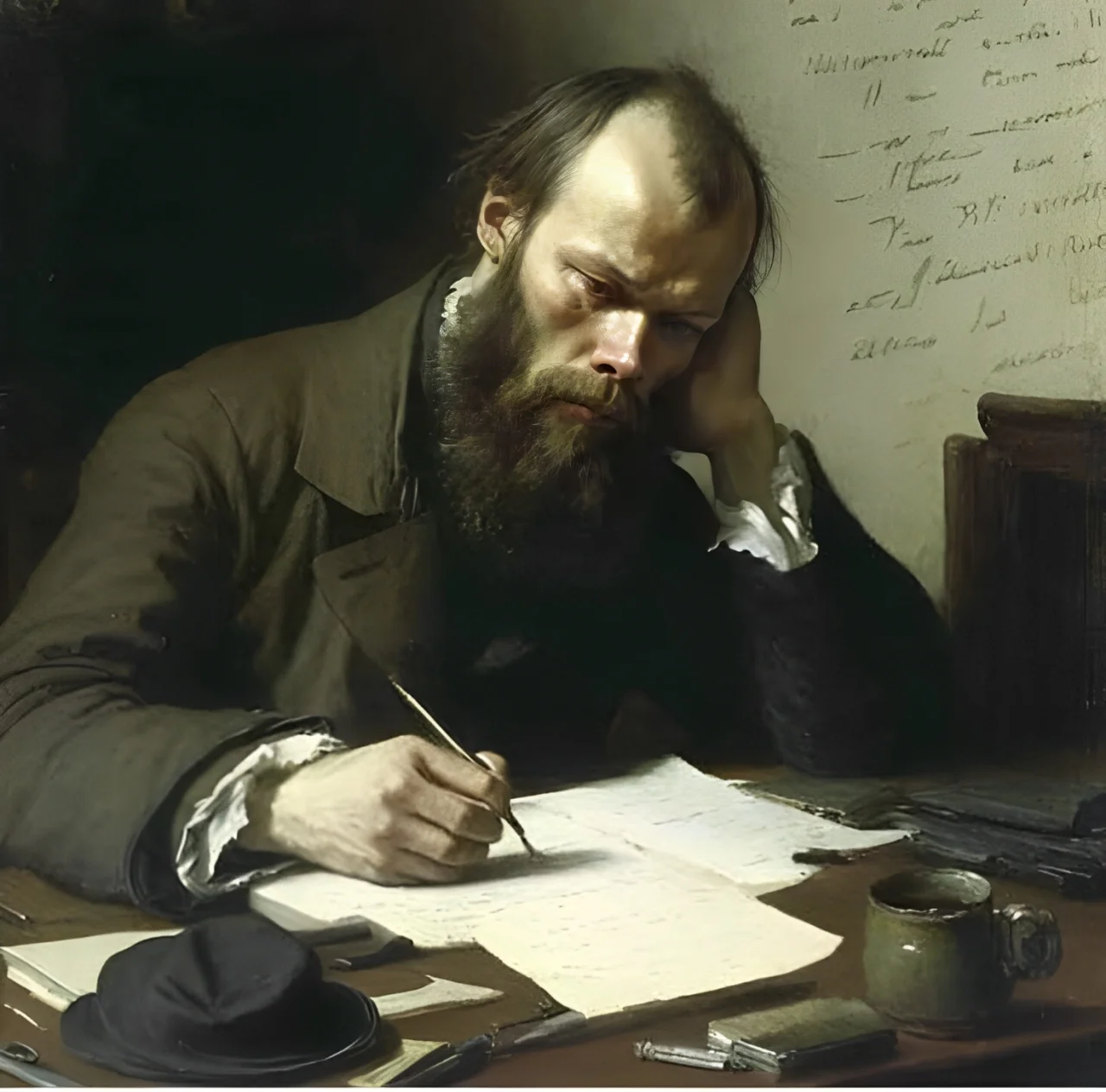
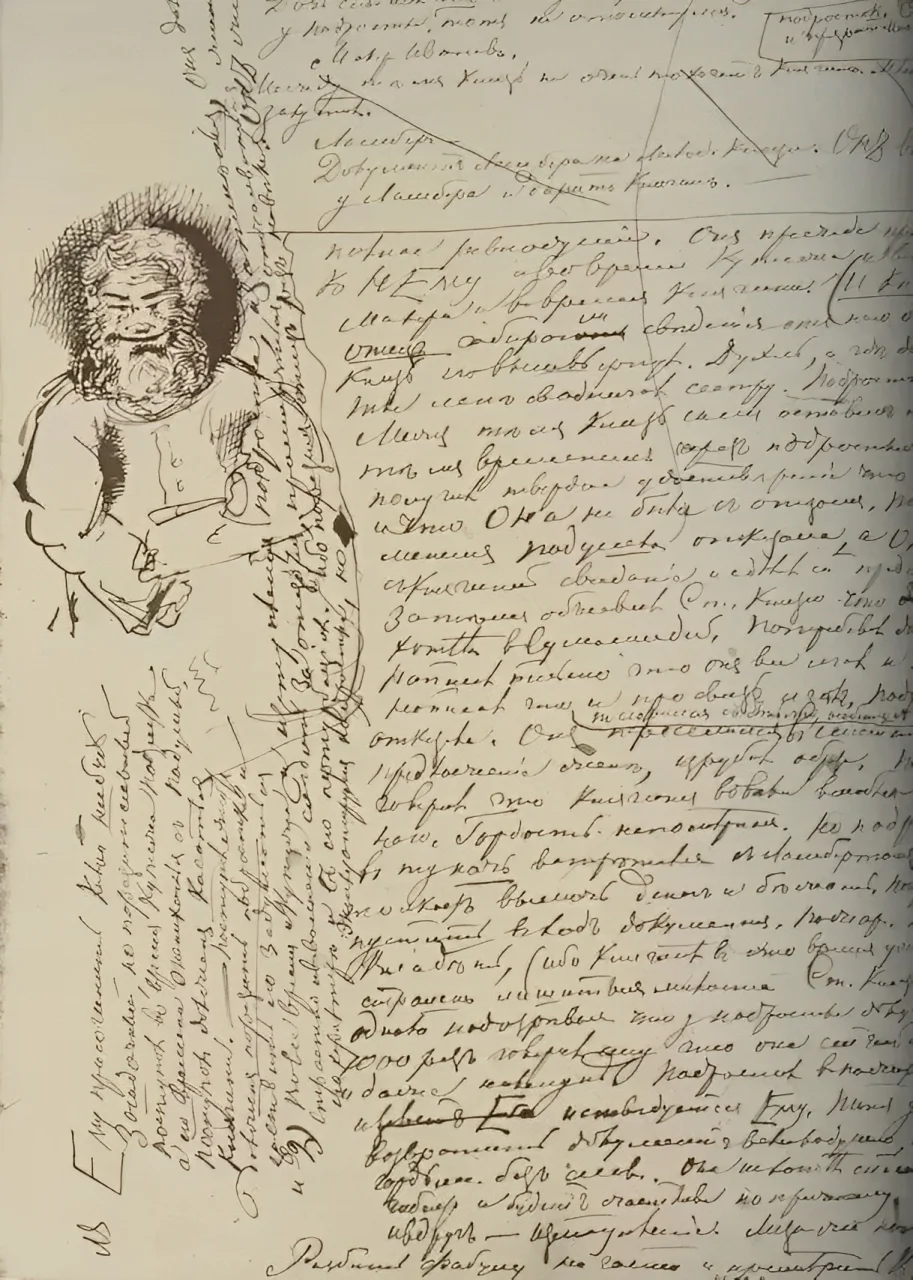
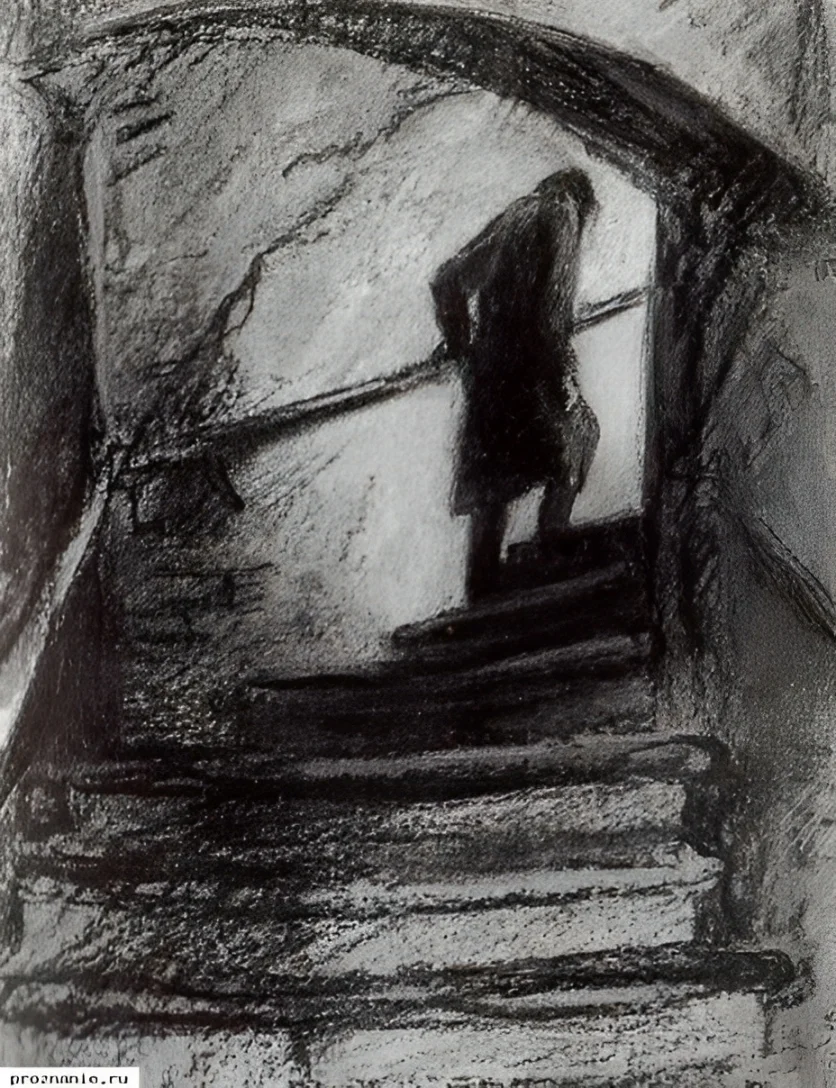
You should read Dostoevsky’s literature when you’re fascinated with themes like morality and the suffering of a human soul in this mere world. Readers with a major interest in atheism, agnosticism, and theism read his work to understand the philosophy surrounding human creation and one’s relation with a creator (God). If you’re not so dark and heavy theme reader (like Pride and Prejudice or Little Women) This man’s literature is definitely not for you.
Understanding Dostoevsky’s Writing
Dostoevsky is an absolute genius when it comes to converting philosophy into a story. His works are not merely novels but deep explorations of the human soul and experiences, packed with existential dilemmas, moral conflicts, and psychological depth. He masterfully weaves profound philosophical questions into gripping story narratives, making readers confront the darkest corners of the human mind. Whether it’s the torment of Raskolnikov in Crime and Punishment or the chaotic brilliance of The Brothers Karamazov, Dostoevsky’s writing forces us to wrestle with faith, free will, and the very nature of good and evil. Indeed, his stories are not light reading—they challenge and unsettle yet leave an intense impact on those who dare to engage with them.
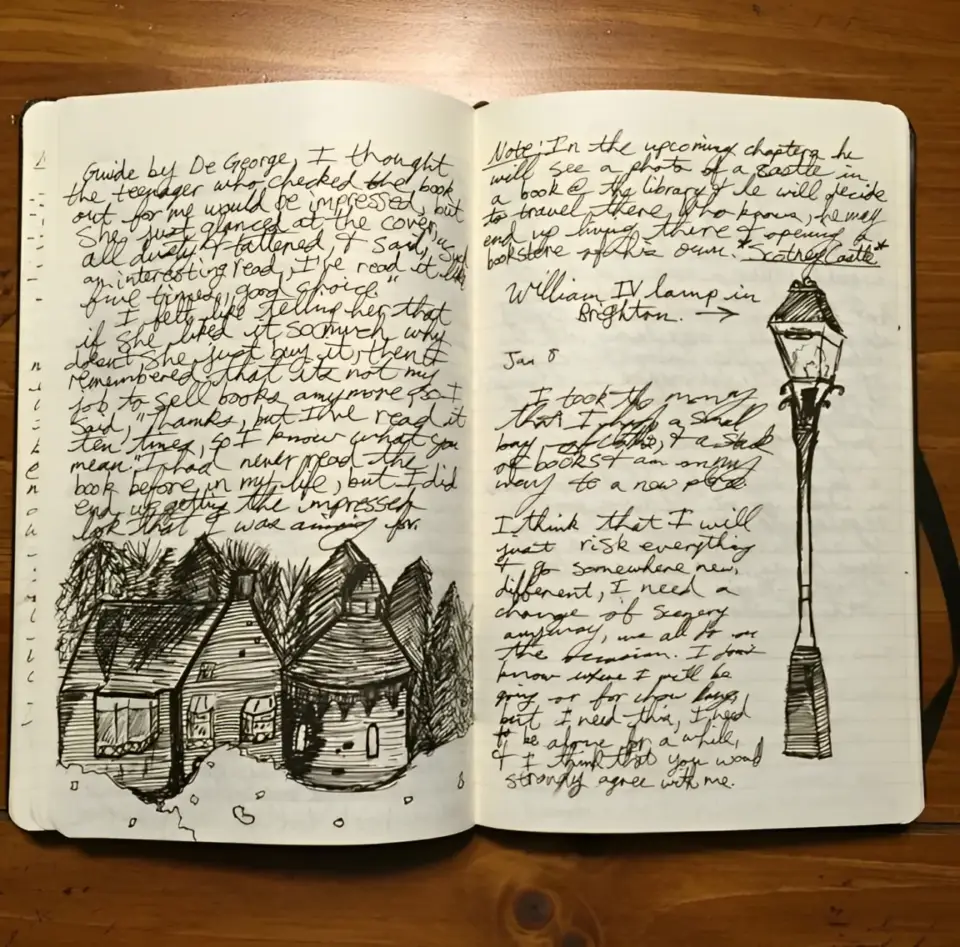
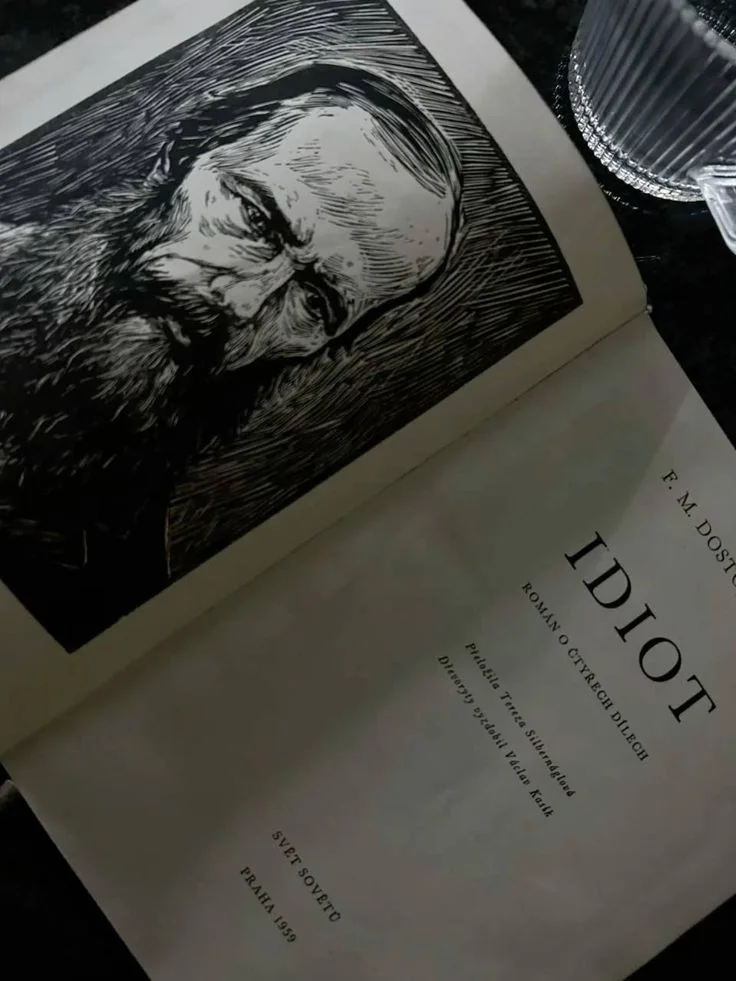
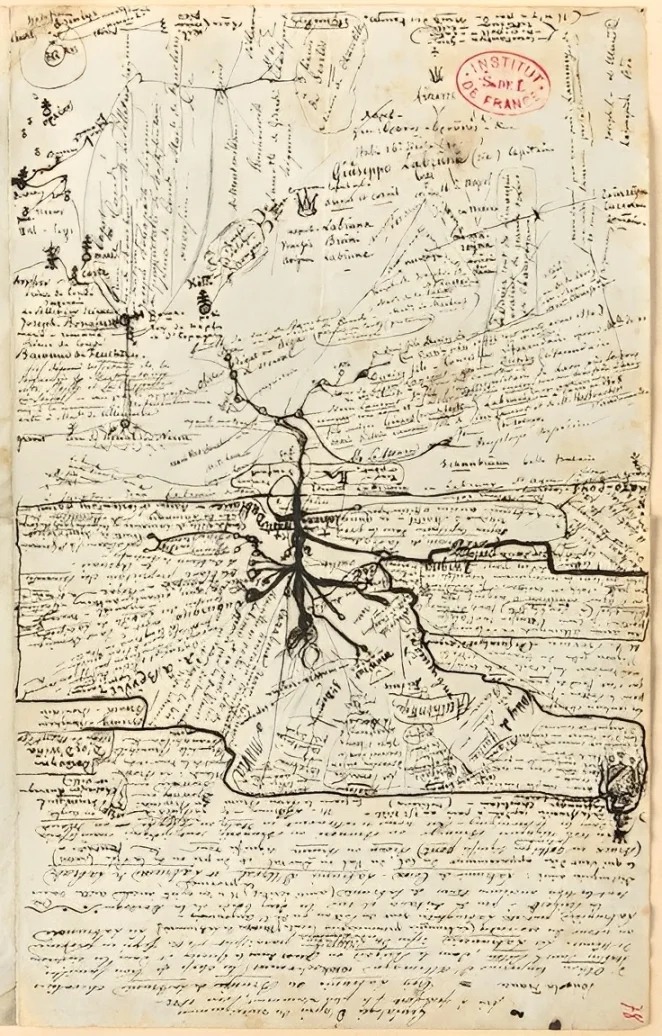
Start Dostoevsky Reading Order with Nikolai Berdyaev’s Dostoyevsky
Regardless of your stance—atheist, agnostic, or theist—the best place to begin understanding Dostoyevsky is with Nikolai Berdyaev’s “Dostoyevsky.” This recommendation isn’t because I necessarily concur with all his views, but rather because he offers a comprehensive overview of Dostoyevsky’s ideas, his background, and the messages he sought to convey. Berdyaev delves into Dostoyevsky’s perspectives on freedom, the human spirit, and Christianity (which you could also consider as “religion”),. Providing insight into his philosophical depth. Naturally, interpretations differ from individual to individual—whether concerning Dostoyevsky, Nietzsche, or any eminent thinker from the past. But if you’re uncertain about plunging into Dostoyevsky’s works, this book is an excellent starting point.
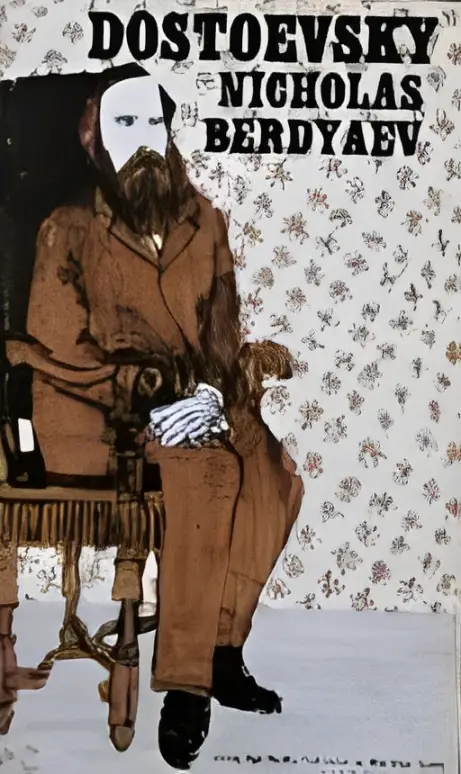

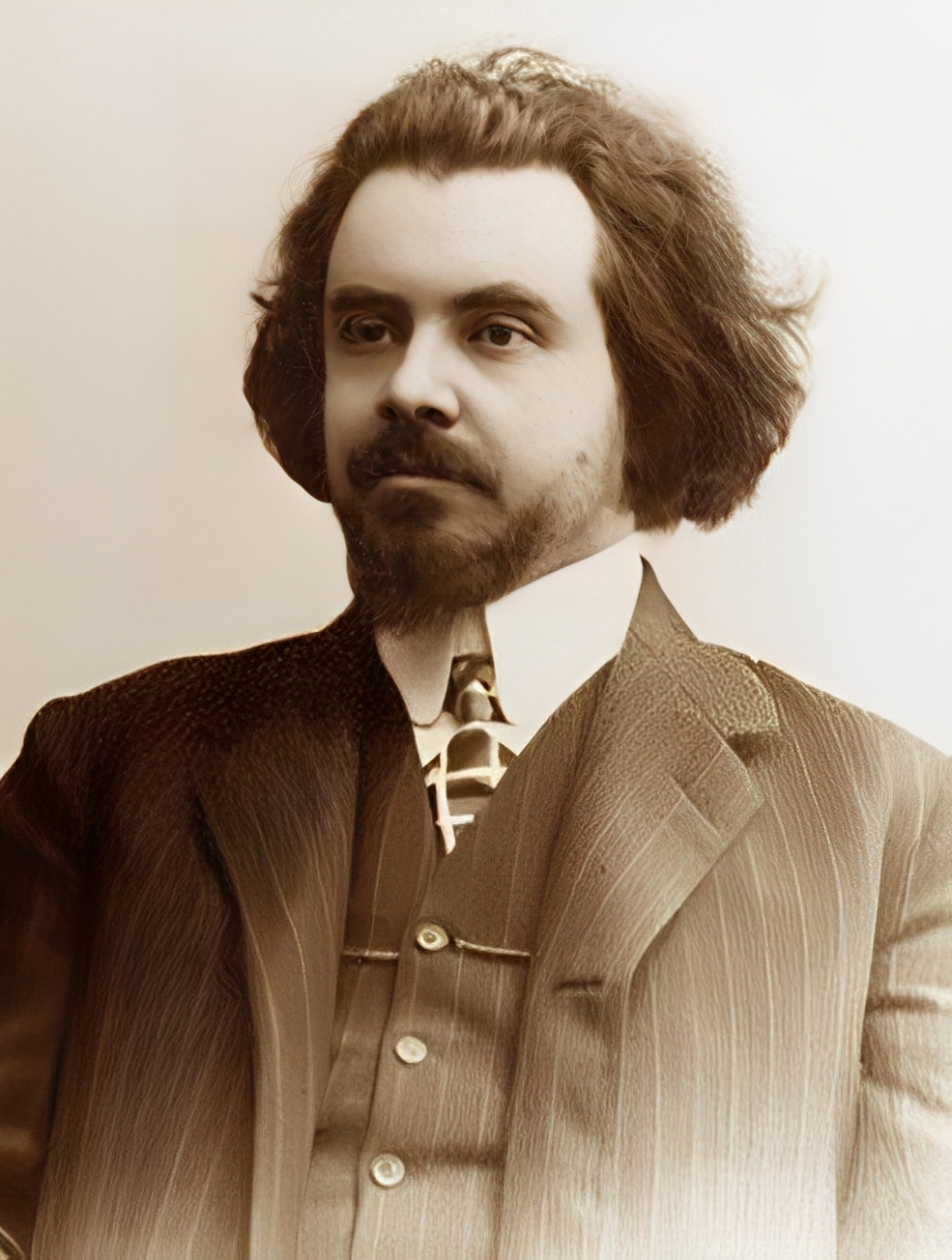
3 Best Dostoevsky Reading Order
Reading and experiencing Fyodor can be an earnest way to enter the philosophy realm. But remember that ‘reading orders’ aren’t just an individual’s experience of reading the author but it can vary among the authors’ writing deepness too. In the Dostoevsky reading order case, I’ve three different approaches to start Dostoevsky’s books.
1. Reading In Chronological Order
The first Dostoevsky reading order is “Chronological order,” meaning you can start reading him in the order he wrote his books throughout the years. That’s personally my favourite way to read any author—not only Dostoevsky but also Franz Kafka and even Edgar Allan Poe. I love exploring authors the way they explore themselves, year by year and wisdom by wisdom.
Fyodor Dostoevsky’s first novel was Poor Folk (Бедные люди), published in 1846. It is one of the rarest works of literature by Dostoevsky in the modern day, and you have likely rarely heard of this novel. It’s an epistolary novel that tells the story of a struggling copyist and his relationship with a young woman through their letters. The book gained him early literary recognition and was praised by the influential critic Vissarion Belinsky. You can start your chronological Dostoevsky reading order from this book.
2. Complete Short Stories and Then Novels
This reading order is my second most favorite way to read literature. Whenever I find an author a little tricky or run out of time to read my new books, I start with short stories. Novels and even novellas take time to understand, especially in Dostoevsky’s case—you just CAN NOT miss the clues and hints he gives in his stories. That’s one of the best things about his novels, so it’s better to start reading him through his short stories.
I remember when I was starting my Arabic classes, my teacher suggested that I should read Arabic literature to make the process a little easier and less overwhelming. I began with short stories like Sabah Al-Ward (صباح الورد), The Little Lamp (المصباح الصغير), and Zahra’s Story (حكاية زهرة). So, this reading order technique is also great for learning any language or to understand any author better through their short and direct content.
3. Dostoevsky Reading Order Under Philosophical Perspectives
This Dostoevsky reading order is based on the true themes and messages of his literature. Dostoevsky’s writing emphasizes human beliefs and faith, religion vs. atheism, God vs. mankind, and the morality of the soul. He is the best guide for you if you’re struggling with your faith. Not that he will explicitly tell you whether you should be an atheist or a theist, but his work offers profound insights that can give you new perspectives to think differently and act accordingly.
Pro Tip for This Dostoevsky Reading Order
Reading Dostoevsky is a deeply personal experience—something you have to learn and appreciate for yourself. I must say that if you don’t truly engage and indulge in his work, you won’t get much out of it. It’s easy to skim through the pages, but reading Dostoevsky that way makes it just as easy to miss key aspects, clues and hints of his writing.
That’s why I prefer to read slowly and thoroughly, emerging deep into each character and every page, searching for meaning—whether it’s what Dostoevsky is trying to convey or something personal that resonates with you. His writing is profound, like very very profound, layered with depth on every single page.
So, if there’s one tip I’d offer, it’s this: Don’t rush through Dostoevsky. Take your time. Let his words sink in.
Start Dostoevsky Reading Order by Novel Poor Folk
Choosing Poor Folk in this reading order is to get the ultimate exposure to Dostoevsky. As I said, Dostoevsky’s Poor Folk was his breakthrough novel—the book that brought him to fame in Russia. After writing it, he gained the attention of Belinsky and other philosophers of the time. However, I don’t think this book fully represents his philosophy.
You could read it if you want to explore a bit of Dostoevsky’s work without diving into his core ideas, as it was written before many of the significant events that shaped his later thinking. But this is one of his early works, it reflects the early Dostoevsky, not the late Dostoevsky. Who developed the deep and dark philosophical themes he’s known for. While Poor Folk provides some context for his evolution as a writer and as a person, it’s not essential reading if you’re looking to grasp his central ideas. But I would recommend Poor Folk anyway.

This Book Helps You Encapsulate the Essence of His Core Message
The second book you should start with is The Idiot. It beautifully encapsulates the essence of the religious message. It presents a complete picture of the human being and his faith in religion and has a profound influence on the reader. Personally, I started with The Idiot, and I have absolutely no regrets—it was an incredibly moving experience.
The novel portrays the struggle between good and evil through Nastasya’s choice between Myshkin and Rogozhin. At the same time, it reflects God’s love through Myshkin’s actions. It teaches you so much about the nature of God—how He loves his creature unconditionally, no matter how many times we sin or turn away from Him.

That’s why I believe The Idiot is the best place to start. Prince Myshkin is such a beautifully written character, and reading this book is an unforgettable journey.
The House of the Dead – The Third Choice
The third book I read and I’d recommend after The Idiot is The House of the Dead by Fyodor Dostoevsky. While it’s not as well-known as some of Dostoevsky’s other works, I believe it’s a crucial read. This book doesn’t just focus on the suffering he endured in Siberia —it also explores the theme of hope.
In The House of the Dead, you’ll witness Dostoevsky reflecting on his exile in a Russian prison camp. Surrounded by chains and the harsh reality of imprisonment (if you know the life of Fyodor Dostoevsky). Yet, amidst all that suffering, he still finds hope. This book marks a turning point in his philosophical development. Where he begins to see life as more than just earthly joy—it’s about something deeper, something beyond worldly suffering.

That’s why I think The House of the Dead is essential. It gives a raw, personal insight into Dostoevsky’s transformation, shaping the ideas that would later define his greatest works.
The Fourth Book I Read Is His Most Famous Novel
The fourth book I read after The House of the Dead is his most famous and no doubt the most iconic literature The Brothers Karamazov. Why I read this one this late because, while The House of the Dead leaves my mind with a sense of hope, The Brothers of Karamazov pulls me into the depths of human darkness with questions and confusion and different personalities. It was a hard time to get through it. However, it still doesn’t take you to the absolute bleakest point in Dostoevsky’s works.
In The Brothers Karamazov, you’ll experience pain and deep suffering—particularly through Ivan’s philosophical struggles. Where he questions the torment of children and critiques the institution of the Church. But on the other hand, you have Alyosha, a Myshkin-like figure, embodying faith and goodness. This contrast is what makes the novel so powerful.

This book is Dostoevsky’s magnum opus, written at the peak of his career just before his death. In it, he pours all his experiences, suffering, and philosophical reflections. Contrasting human despair with the beauty of human faith in his creator. The Brothers Karamazov is deeply unsettling—it shakes you to the core—but at the same time, it offers beauty and a profound understanding of the goodness, however small, that still exists in the world.
This Fifth Book of Dostoevsky Will Make You Question God
This philosophical Dostoevsky reading order of his literature is not only based on what I recommend you to read first. But luckily, I also read them for the first time. And after analyzing the depth of his work later I actually realize that you can acknowledge his philosophy better this way.
Anyway, here is his fifth and, in my opinion, deadliest work of him, “Notes from Underground,” also known as the first existentialist novel in history. However, Kierkegaard is normally seen as the father of existentialism. Dostoevsky deeply struggles with and explores the idea of the death of God in this work.
In Notes from Underground, you have a character—often called the Underground Man—who is deeply grappling with morality. He argues that if God doesn’t exist, then all that remains are the laws of nature and science. Science, in the strictest sense, becomes the only guiding force. But if the laws of nature are the sole governing principles, then many absurdities arise.

If God doesn’t exist, then man is reduced to nothing more than a mere animal—like a wild or an ape. And if that happens, then what does it mean for society? Notes from Underground is profound in this sense—it forces you to question and dive deep into the consequences of a world with or without God. This idea is further developed in Dostoevsky’s next book…
Dostoevsky was Disgusted with Humans and Here Comes His This Book
Demons, (also known as The Possessed or The Devils) by Fyodor Dostoevsky. This novel, published in 1872, is living proof of how Dostoevsky was aware of humans being devils more than devils. Demons is a political and philosophical exploration of nihilism, radicalism, and the consequences of revolutionary ideologies in 19th-century Russia.
The idea of the absurdity of life without God is developed in Demons through the character Kirilov. Although he is not the main character—Stavrogin holds that role—Kirilov embodies the concept of the absurd hero (as seen in Camus’ philosophy). He ultimately takes his own life as an exercise of self-will, believing that if God does not exist, then man must assert absolute freedom by choosing death.
Demons deeply explores the consequences of atheism, a theme that Dostoevsky also examines in The Brothers Karamazov and The Idiot. The novel argues that if you remove God from human existence, man attempts to become God himself. This idea is also present in Thus Spoke Zarathustra by Nietzsche, who—though he developed his ideas independently—was later profoundly impressed by Dostoevsky’s work.

If you’re interested in these philosophical explorations, Demons should definitely be your next read.
Last But Not Least: Dostoevsky’s Most Famous Novel
And then, after Demons, I believe you should finish with the iconic Crime and Punishment. I personally did not end with Crime and Punishment. I read “The Gambler” after Demons. Crime and Punishment is often considered Dostoevsky’s most famous novel, but—perhaps surprisingly—I suggest reading it last. In almost every category of Dostoevsky’s works, Crime and Punishment tends to fall toward the second half of the reading list. The reason for this is that it is less focused on philosophy and more on psychology.
Crime and Punishment build upon everything that came before it. It’s not one of Dostoevsky’s primary works on atheism or theism; rather, it explores the power of conscience. The novel asks: what truly punishes someone? This theme is also present in The House of the Dead, making the two books closely connected. However, Crime and Punishment also delves deeper into morality and the infamous question: If God doesn’t exist, is everything permissible?

That’s why it comes after Demons and The Brothers Karamazov. In Demons, Kirilov kills himself because he rejects God and tries to become his own god. Crime and Punishment takes this idea even further: instead of self-destruction, the protagonist, Raskolnikov, kills another person. Because God doesn’t exist, you will soon see that the discussions between Kirilov and Raskolnikov are actually very similar, despite their differences. Kirilov argues that killing someone else is the lowest expression of self-will, whereas killing himself is the highest. On the other hand, Raskolnikov believes he should kill someone else, not himself. This distinction between Kirilov and Raskolnikov is crucial, and by reading Demons first, followed by Crime and Punishment, you get a well-balanced and deeper understanding.
What Reading Order Should I Choose?
It completely depends on you, what Dostoevsky reading order you would like to start. It’s better to start with the chronological order if you’re focused on understanding the author more than his chosen themes and the short story’s first reading order can be beneficial for you if you’re a beginner reader and still want to enjoy big authors. In last, if you are intrigued by Dostoevsky’s themes and writing style then you should definitely go with his philosophical perspective reading order.
FAQs About Dostoevsky Reading Order
It is better to start with The Idiot as it captures Dostoevsky’s themes of purity and corruption. But if you want to read him chronologically, start with Poor Folk.
Yes, Dostoevsky can be difficult to read due to deep philosophy and complex characters, but his stories are deeply rewarding. It’s better to take notes and annotate properly while reading his books.
Dostoevsky’s most famous books are “Crime and Punishment,” “Brothers of Karamazov,” “White Nights,” and “The Idiot.” Dostoevsky has more famous books than that but these are the most famous works by him.
Dostoevsky isn’t a Romantic writer but a realist with psychological and existential themes. However, his works sometimes explore deep emotions and idealistic characters, which can have a Romantic influence.
Dostoevsky has many famous and iconic quotes but here is the most famous one: “The mystery of human existence lies not in just staying alive, but in finding something to live for.”
